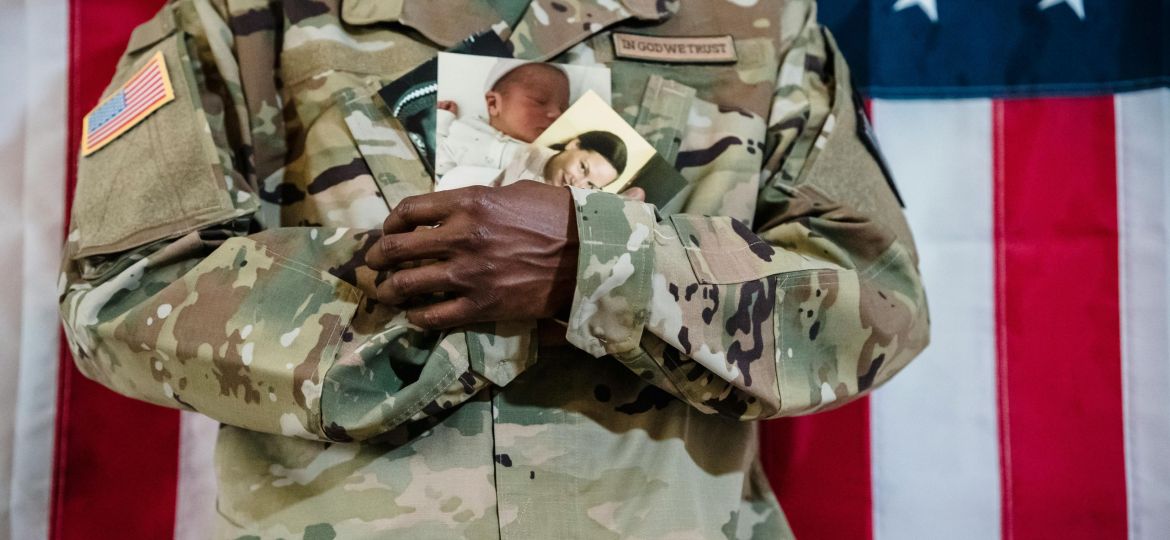
As Veterans Day approaches, it’s vital to recognize the unique estate planning considerations for veterans and their families. Unlike civilians, veterans have access to a suite of benefits, including survivor benefits, disability compensation, and pensions, all of which can significantly impact their estate planning decisions. Crafting a comprehensive estate plan requires understanding how these programs work and factoring military service considerations into your legacy goals.
Why Estate Planning Matters for Veterans
Estate planning is crucial for everyone, but estate planning for Ohio Veterans holds particular significance due to their earned benefits and entitlements. Without proper documentation dictating your wishes, military benefits could fail to reach intended recipients or be diverted elsewhere. For instance, lacking a will or clear beneficiary designations on retirement accounts can lead to the government paying survivors less than the maximum eligible amounts. Additionally, if you fail to appoint financial and health care powers of attorney, critical benefit management decisions may fall into the hands of the court instead of those you trust if you become incapacitated.
A tailored estate plan not only benefits heirs but also ensures the VA does not make assumptions about your intentions in the absence of valid instructions.
Key Benefits Impacting Veterans’ Estate Plans
Several programs warrant special attention when creating an estate plan for an Ohio veteran. Let’s examine some of these programs and how they can be integrated into a veteran’s estate plan.
VA Disability Compensation
This tax-free benefit is available to veterans disabled by injuries or illnesses incurred during military service. When planning for this benefit, it’s crucial to note that it does not contribute to the veteran’s gross income and is non-transferable upon death. Therefore, it cannot be included as part of the estate in a will or trust.
However, if a veteran’s death is related to a service-connected disability, their survivors may qualify for Dependency and Indemnity Compensation (DIC), which can significantly impact their financial well-being. Estate plans should include this information and consider life insurance options to support beneficiaries after the veteran’s passing.
VA Pension
The VA Pension is a benefit for wartime veterans with limited income, particularly those aged 65 and older or those permanently and totally disabled. Similar to disability compensation, these payments cease upon the veteran’s death.
When planning, veterans must account for strict eligibility requirements that may affect Medicaid eligibility. The VA’s look-back period for asset transfers can also incur penalties, so estate plans must be carefully structured to avoid jeopardizing pension eligibility.
VA Life Insurance
Various VA life insurance programs, such as Service-Disabled Veterans Insurance (S-DVI) and Veterans’ Group Life Insurance (VGLI), allow veterans to designate beneficiaries. Ensuring these designations are current is vital, as they supersede wills.
Military Retired Pay
Monthly pension payments to retired veterans generally cease at death, but eligible spouses can receive up to 55% of the retired pay through the Survivor Benefit Plan (SBP). The estate plan should address SBP enrollment and how any remaining sums will be allocated.
Dependency and Indemnity Compensation (DIC)
DIC is a tax-free monetary benefit for eligible survivors of service members who died in the line of duty or for veterans whose death resulted from a service-related injury or disease. The estate plan should outline eligibility criteria and necessary steps for claiming DIC benefits.
Essential Planning Documents for Veterans
Several key documents are especially important when looking at estate planning for Ohio veterans:
Last Will and Testament
A will is fundamental for expressing a veteran’s wishes regarding the distribution of assets. It can appoint guardians for minor children and name an executor familiar with military benefits to manage the estate effectively.
Durable Powers of Attorney
Durable powers of attorney empower a trusted individual to make decisions on the veteran’s behalf if they become incapacitated. This is essential for managing VA benefits and other financial matters.
Advance Health Care Directive
This document outlines a veteran’s wishes regarding medical treatment if they are unable to communicate. It ensures that their specific health needs are met and prevents disputes among family members.
Trusts
A revocable trust allows veterans to specify how and when assets will be distributed, bypassing the lengthy probate process. This is particularly useful for managing assets for minor children or dependents with special needs.
Beneficiary Designations
Beneficiary designations dictate who receives benefits from various accounts upon death, and these should always be up to date to reflect current wishes. Veterans should review life insurance and retirement accounts to ensure proper distribution.
Conclusion
Estate planning for Ohio Veterans is not merely a legal necessity; it’s a vital aspect of ensuring that their legacy is preserved and that their loved ones receive the benefits they are entitled to. Given the complexities surrounding military benefits, working with an experienced estate planning attorney is crucial to navigate these waters effectively. At Krugler Law, we understand the unique needs of veterans and are dedicated to helping you craft a plan that safeguards your future and that of your family.
Click here to learn more about our estate planning services.

